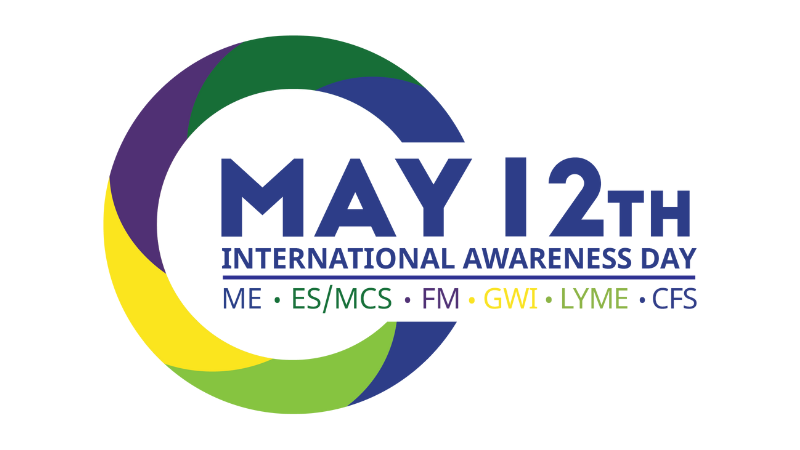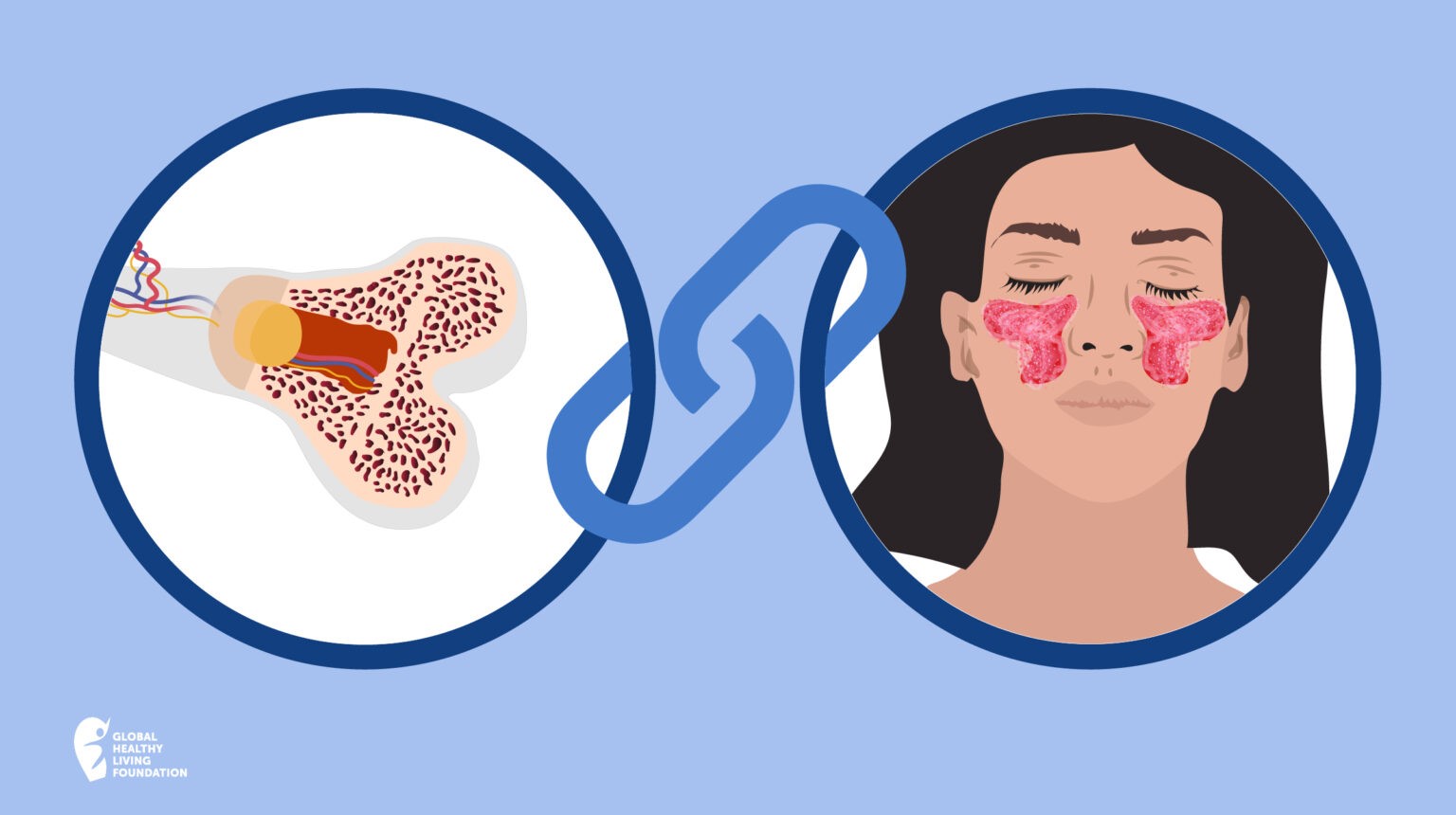Ulcerative Colitis Treatment Options You Should Be Aware Of
Ulcerative colitis can be unpredictable, which can make it challenging for physicians to determine whether a particular course of treatment has been effective. The main goal of treatment in UC is to reduce the signs and symptoms of ulcerative colitis by regulating the immune system, and to bring about long-term remission. While there is no cure for UC, treatment can help control symptoms so that patients can lead a fuller life. Treatment may include over-the-counter as well as prescription medications, lifestyle changes in stress management, diet and nutrition, and surgery.
Prescription medications typically include anti-inflammatory drugs, immune suppressants, and steroids. If these are not effective, (TNF)-alpha inhibitors, or “biologics,” drugs typically given to treat certain types of arthritis, may be used.
Anti-Inflammatory Medication
Anti-inflammatory medications are often given first as an ulcerative colitis treatment. Oral “5-ASA” (which stands for 5-aminosalicylates) medications such as balsalazide, mesalamine, sulfasalazine, and olsalazine can work well for people with mild to moderate ulcerative colitis.
“I would describe these as a topical lotion for the colon,” says Nana Bernasko, DNP, gastroenterology expert with the American Gastroenterological Association. When the pills reach the gut, they leave granules behind that ease the inflammation. If the colitis hasn’t traveled far up the colon, applying topical mesalamine directly to the rectum might be more effective. They can be useful as a maintenance treatment in preventing relapses. They work best in the colon and are less effective if the UC is in the small intestine.
The 5-ASAs are generally tolerated well, and they won’t keep the immune system from fighting off infections like other ulcerative colitis drugs can.
Corticosteroids
Corticosteroids such as prednisone or methylprednisolone, taken either orally or topically, are a more powerful way to reduce inflammation during flare-ups, but doctors try to wean ulcerative colitis patients off them after a few months. Steroids should not be used long-term to treat ulcerative colitis.
Over time, steroids have can have side effects that affect almost any part of the body, including weakened bones, increased blood sugar, and cataracts, says Rabia De Latour, MD, gastroenterologist and assistant professor of medicine at NYU Langone Health in New York City. “The goal with all treatment for IBD is steroid-free remission,” she says. Steroids can also weaken your immune system and make you vulnerable to infection.
Budesonide is a steroid that is used to treat localized inflammation in ulcerative colitis. Because its systemic exposure is minimal, there is a lower risk of troublesome side effects compared to other steroids.
Immune Suppressants
If aminosalicylates and corticosteroids are not effective, immune suppressants such as azathioprine and mercaptopurine may be given to suppress the immune system so that it cannot cause ongoing inflammation. These medications stop inflammation before it begins by blocking the overactive cells in the immune system that are driving inflammation. When the immune system is being suppressed, ulcerative colitis symptoms might go away, but your body could also be at higher risk of infection.
These drugs may also be effective in maintaining remission in people who haven’t responded to other medications designed to achieve remission.
Biologics
(TNF)-alpha inhibitors, or “biologics,” typically given to people with inflammatory arthritis, may be used for people with moderate to severe UC who don’t respond to or can’t tolerate the side effects of other treatments.
Biologics are more powerful and targeted immunosuppressive drugs. They’re made from living cells, not lab-made chemicals, and are delivered straight into the bloodstream through an injection or IV. Biologics are effective in ulcerative colitis about 70 to 80 percent of the time, but they’re also expensive and can “become a lifetime commitment,” says Glenn H. Englander, MD, gastroenterologist in West Palm Beach, Florida. The body can build up antibodies against biologic drugs, so the drugs might not be as effective if you stop and restart them.
These drugs, such as infliximab and adalimumab, act against a protein produced by the immune system and may be combined with other immunosuppressants.
Antibiotics and Other Ulcerative Colitis Treatment
Antibiotics including metronidazole, ampicillin, and ciprofloxacin are typically used when infection is present or when there are fistulas around the anal canal. Additional medications that are sometimes given include anti-diarrheal medications such as loperamide, iron supplements for those with chronic intestinal bleeding who are at risk for anemia, and over-the-counter pain relievers including acetaminophen. Importantly, the pain relievers ibuprofen, naproxen sodium and diclofenac sodium should not be used to treat ulcerative colitis as they can worsen symptoms and the severity of disease.
Surgery for Ulcerative Colitis
Surgery can eliminate ulcerative colitis but it typically means removal of the entire colon or rectum. Removing all or part of the rectum and colon is usually reserved for severe cases or ones presenting serious complications, says Dr. Englander. In some cases, the surgeon will remove the colon and rectum, then create a “J-pouch” from the small intestine that acts like a new rectum. Other times, the digestive systems might be connected to an external pouch that collects stool for the patients to dispose of.
Lifestyle Changes for Ulcerative Colitis
It’s also important to control stress, as it can worsen UC symptoms and may trigger ulcerative colitis flare-ups. Exercise, meditation, yoga and biofeedback, a stress-reduction technique designed to reduce muscle tension and slow heart rate via a feedback machine, are often recommended to help ulcerative colitis patients reduce stress levels.





